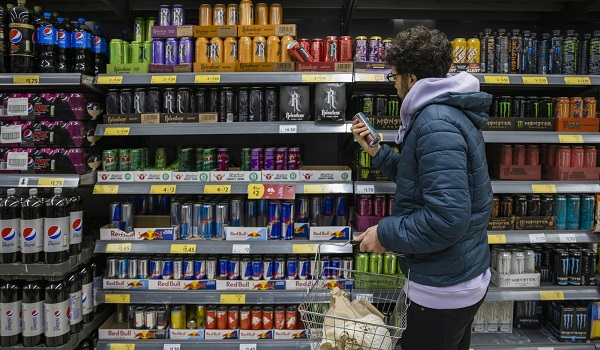The exponential growth in the consumption of caffeinated energy drinks has raised concerns within the government, particularly due to a significant rise in their consumption among teenagers, athletes, and gym enthusiasts. This surge in consumption is attributed to the increased affordability and accessibility of high-caffeine energy drinks compared to previous years.
The Food Safety and Standards Authority of India (FSSAI) is now revisiting existing regulations governing energy and caffeinated drinks with a view to tightening them further, revealed a senior executive from the national food regulator, speaking on condition of anonymity.
Major players in the beverage industry, such as PepsiCo, Coca-Cola, and Hell, have been selling energy drinks at considerably lower prices compared to global leaders like Red Bull and Monster. This strategy, coupled with their availability in grocery stores, has contributed to a staggering 50–55% annual growth in energy drink sales, according to company executives, citing data from researcher NielsenIQ.
Despite their popularity, concerns about the health implications of excessive consumption, particularly among young consumers, have been raised. Studies have suggested potential adverse effects on health, including disrupted sleep patterns and insomnia. Moreover, global news reports have highlighted risks such as anxiety and dehydration associated with the consumption of energy drinks, as reported by health portal Medical News Today.
In response to these concerns, FSSAI is considering measures to ensure greater transparency and awareness among consumers. Plans include directing companies to prominently display caffeine content on packaging as well as labelling products as “high in caffeine,” the official mentioned earlier disclosed. “Although disclosing caffeine content on packaging is already mandatory, we aim to make it more prominent,” the official emphasized.


